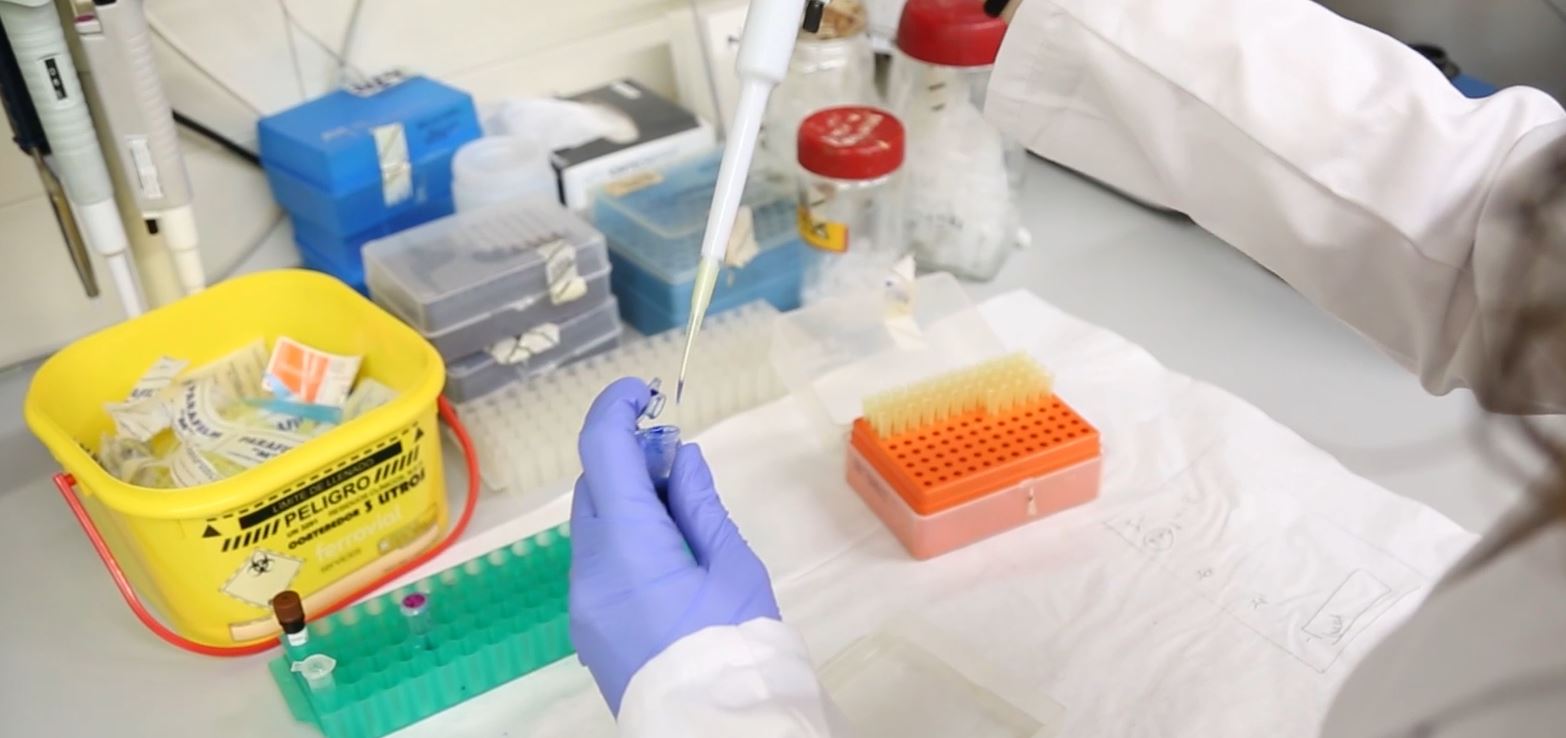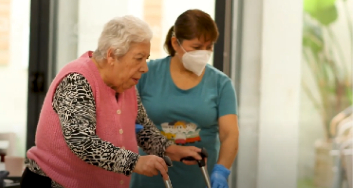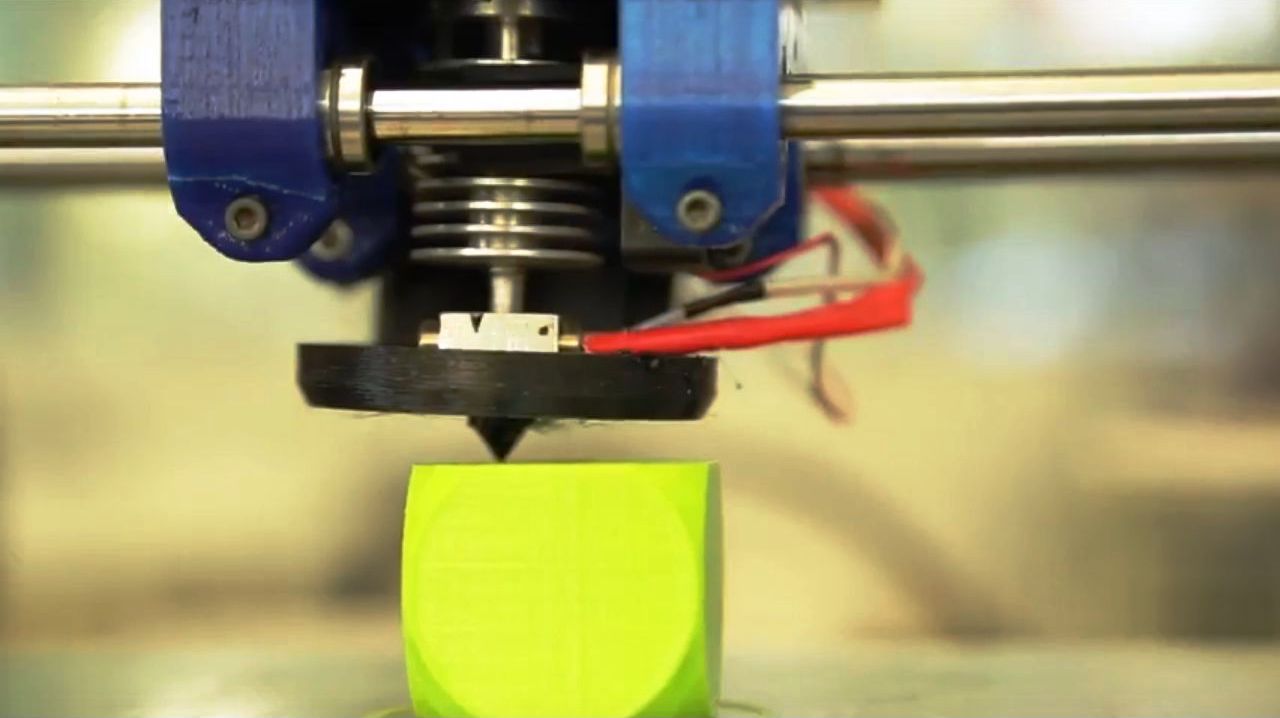
Home care service coordinator
Other denominations
Home care service technical coordinator
Description
Home care services include a set of actions and resources provided in the home of the person assisted who has limited autonomy to carry out basic activities of daily living (getting up, personal hygiene, dressing, food, health care or medication, among others) due to age, dependency or disability. These services are aimed at providing personal care, urgent care, help at home and social support to people or families in vulnerable situations.
One of the functions of these professionals is ensuring the proper functioning of the Home Care Service. They are responsible for coordinating the work of household workers and other care professionals, as well as managing logistical, material and training resources, always considering the preferences and situation of the person assisted. Therefore, they are in charge of the direction, supervision and support of the Home Care Service team: providing accompaniment, promoting teamwork and contributing to their empowerment process. They assign tasks to each worker according to their strengths, facilitate balance in workloads and contribute to the harmonious development of the team and the care to people.
At the same time, these professionals are in contact with those responsible for Home Care Services in their area (usually social services staff from local governments and health care teams), since in most cases Home Care Services are managed through concessions from private companies or Third Sector entities, despite the fact that Home Care Services is a public service.
In addition, when the public administration prevents it, these professionals assume the role of reference for the social management of the case (usually this role is delegated by the professional from the Primary Social Care Service) defining and specifying the social intervention plan. As a reference, this professional is in charge of the supervision and monitoring of the people assisted, centralising and mobilising the resources that they may need, and he/she is also in charge of being in contact with the caregiver environment of the person (family and community). In this sense, this professional is responsible for ensuring their health, preventing and detecting emergency situations, activating the appropriate resources (health, economic or social) if necessary. This professional is also responsible for communications with the social environment of the person assisted, and for adapting and graduating the working plan depending on the situation of the person, which can be changing, as well as their needs.
Tasks
- Assess the needs of the people assisted at home in collaboration with other professionals in the socio-health field.
- In some areas, visit the homes to define or validate the care and life plan of the person with the objectives they want to achieve. This includes providing the details of the care to be provided (in terms of time, schedule and form) and the safety elements of the home that may affect or influence the person's health or the service to be provided.
- Coordinate and plan the services of the people assisted, detailing a work plan.
- In some cases, participate in selection processes and continuous training of the team of direct care professionals they lead.
Service and plan tracking
- Visit homes and monitor the provision of services, according to the required ratio of active service files. For example, one coordinator for 140-180 people assisted (according to work area).
- Control the quality of the service provided, regularly monitoring that the tasks are in line with the initially prescribed personal work plan.
Monitoring of the person and dialogue with his/her social environment
- In charge of monitoring the person assisted and his/her evolution, assessing new needs that may arise and specifying and adjusting the work plan to provide coverage, if necessary.
- Carry out preventive tasks, assessing risks and proposing appropriate measures for the person assisted.
- Detect possible incidents in relation to the work plan of the person assisted and mobilise the resources and professionals necessary to reverse the situation.
- Act as an interlocutor with the social environment of the person assisted, whether in the family or community environment.
Coordination of the service
- In some cases, distribute tasks among the working staff, facilitating the balance of workloads and the optimisation of the service.
- Encourage and establish communication and exchange circuits within the team involved in the same case, promoting teamwork and empowerment.
- Offer technical support on care tasks to direct care, educational and socialising professionals, and also, support in relation to the detection of risk situations and/or deterioration of the person.
- Solve any incident that may arise.
Coordination with other professionals or organisations
- Periodically deliver reports or records of evaluations drafted in collaboration with workers to local territorial managers (local government, county council, etc.).
- Attend periodic coordination meetings with basic social service teams and also healthcare centres teams to assess and examine the needs of the people assisted and ensure the adequacy of the prescribed tasks of the person and/or family.










 | Catalan | Beginner
| Catalan | Beginner | Catalan | Advanced
| Catalan | Advanced
 Open
Open | English | Beginner
| English | Beginner







